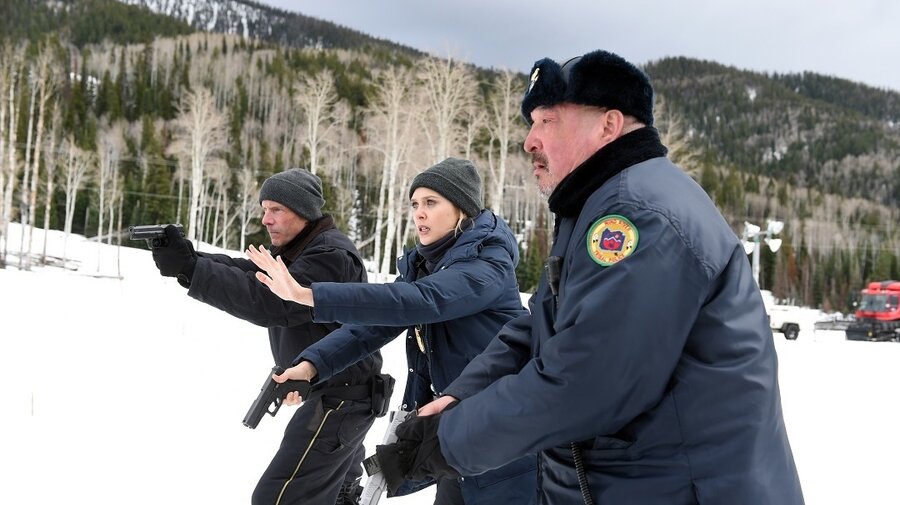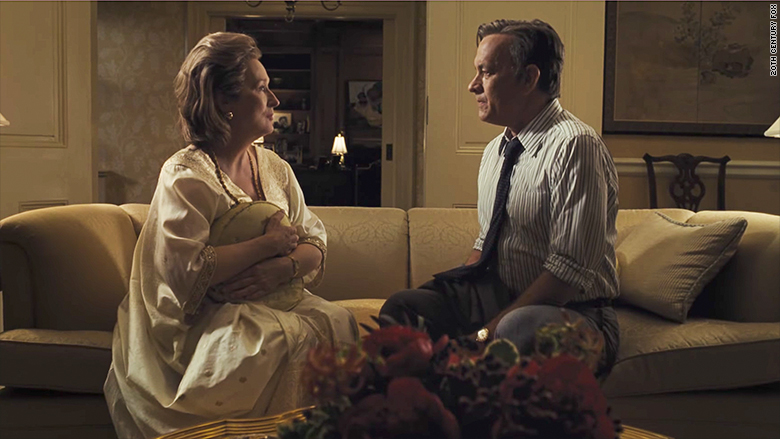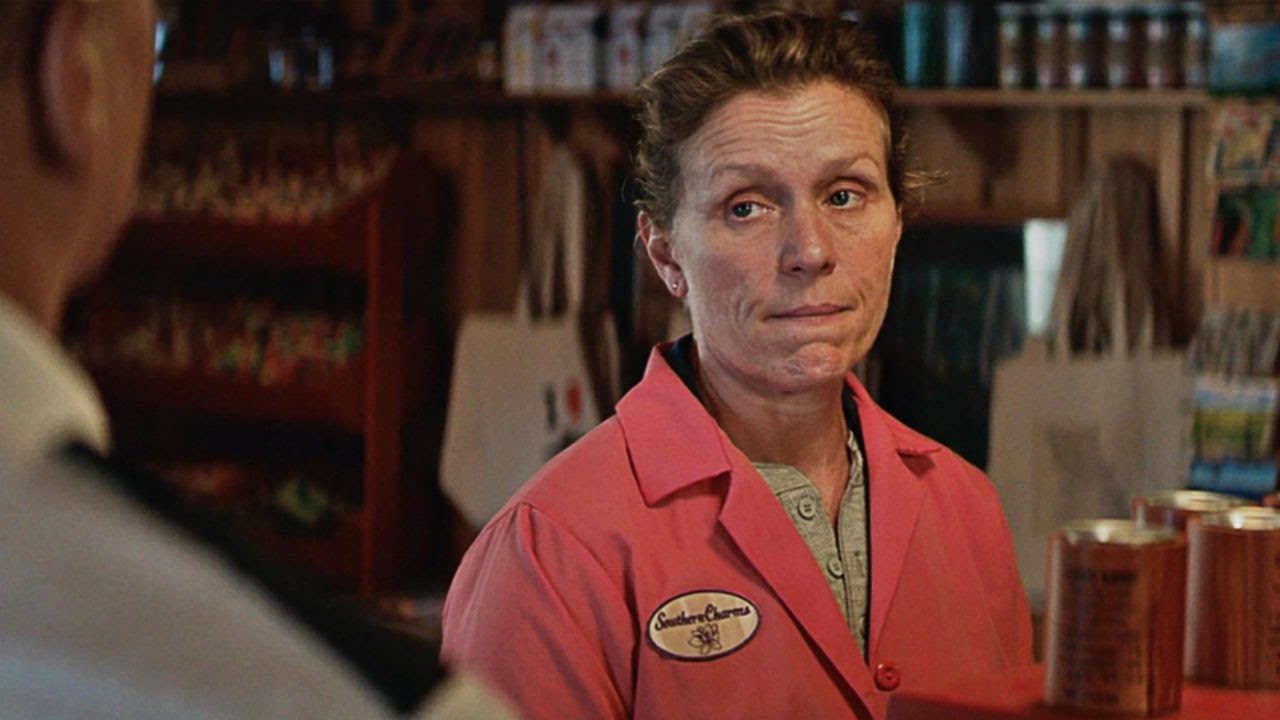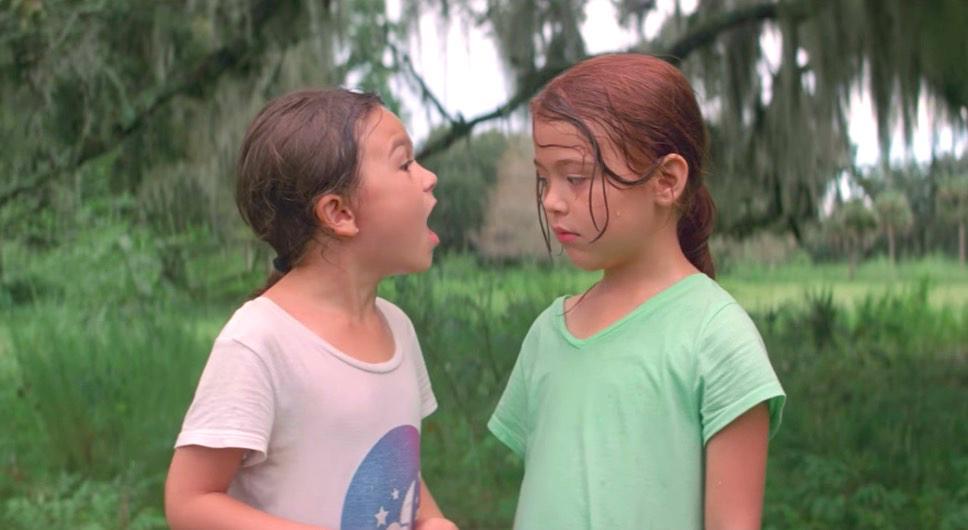A ludicrous claim has been making the rounds lately, one that says 2017 has been a bad year for movies. Attendance may be down, movie theaters may be closer to extinction than they've ever been, but the quality of movies? I'd argue 2017 has been one of the most fulfilling years in a long, long time.
In the six years since I started this blog, 2017 is the first year I haven't felt I had to struggle to come up with a list of 10 really great films for my year-end list -- and the first that I couldn't think of 10 truly awful films to come up with a "10 worst" list.
Oh, there were some clunkers, all right. mother! wins the award for the most pretentiously artistic and wildly ill-conceived big-budget, studio-backed "thrillers" of recent years. Even when the film's symbolism is explained, it neither makes sense nor proves compelling.
Most overrated films of the year? Certainly It, a CG-laden "horror" film that lacked suspense and cheated by not telling a complete story, instead blowing its final moments to announce a sequel; and Dunkirk, a formidable technical achievement with almost no narrative pull. Blade Runner 2049 was the year's most lugubrious sludge, a slow-moving, lackluster sequel to a slow-moving, lackluster original. Oh, and there were Alien: Covenant and Life, both bad sci-fi by any standards.
Yet countering that handful of bad movies was a bumper-crop of truly fantastic ones. Other 2017 releases that deserve to be sought out for various reasons but didn't quite make the cut:
- Battle of the Sexes
- Berlin Syndrome
- Phantom Thread
- Lady Bird
- The Shape of Water
I wasn't quite as on-board the Wonder Woman bandwagon as others -- but if you're still of the super-hero movie mindset, there were far, far worse options this year. "Franchise fatigue" is settling in, but
look beyond the cookie-cutter mentality of the big studios and you'll find some wonderful stuff.
Contrary to that cynical conventional wisdom, 2017 was a terrific year, and gave us some films I think are going to stand the test of time -- some in surprising ways. So, here's my list of my 10 favorite films of 2017, starting with No. 10 and leading to my No. 1 choice, a film that will hardly surprise anyone who reads this blog regularly -- and by itself justifies anything else that happened in cinema in 2017.
look beyond the cookie-cutter mentality of the big studios and you'll find some wonderful stuff.
Contrary to that cynical conventional wisdom, 2017 was a terrific year, and gave us some films I think are going to stand the test of time -- some in surprising ways. So, here's my list of my 10 favorite films of 2017, starting with No. 10 and leading to my No. 1 choice, a film that will hardly surprise anyone who reads this blog regularly -- and by itself justifies anything else that happened in cinema in 2017.
In one of its most rousing moments, The Greatest Showman presents sideshow "freaks" singing an anthem of redemption and self-acceptance: "I'm not scared to be seen / I make no apologies / This is me." And that's the way director Michael Gracey's movie presents itself, too: It's going to be criticized as too populist, too silly, too pretty, too colorful, too sugary, too sentimental, too everything -- so it embraces all of those values, and wonderfully. The Greatest Showman is meant to be entertaining, and that it is, in spades. You won't remember a single song, you may not even recall why you were moved and inspired in the first place, but unless you're soulless, you will be moved, inspired and entertained, even if you're rolling your eyes all the while. The Greatest Showman shuts out the rest of the world and makes you forget it for a couple of hours -- and that's a singular achievement for any film.
An unfair and devastating piece of collateral damage in the (totally justified) war against Harvey Weinstein, Wind River moved from being a serious awards contender to being a film no one wants to talk about because of its producer -- and that's a serious shame. This is a thriller whose intensity and filmmaking prowess rival the accomplishments of Best Picture winner The Silence of the Lambs, a film with which Wind River can be compared favorably. Elizabeth Olsen is an FBI agent assigned to investigate the death of a young woman on a vast, frigid Native American reservation. Teaming up with a local U.S. Fish & Wildlife Service agent (Jeremy Renner), they've got nothing but blank white space to explore, both literally and figuratively. But against that snowy background, a violent, camouflaged truth slowly comes into view, leading to a brutal, shocking conclusion that writer-director Taylor Sheridan stages with vigor. Wind River also has a lot to say about the treatment of Native Americans, both on a racial basis and as policy. It never hits you over the head with its observations, but you're blindsided and clobbered anyway, because the movie is so damned good.
Movies like The Terminal and Indiana Jones and the Kingdom of the Crystal Skull may have left his admirers worried, but fear not: Steven Spielberg has lost none of his power as a filmmaker. The Post is one of his best works, a movie that tells a compelling story with the visual style and flair that are Spielberg trademarks. How the Pentagon Papers were leaked and published, and what they meant both to global politics and to journalism, may not sound like the basis for a great film -- but The Post is a great film nonetheless, bearing no sign of being a standard by-the-numbers retelling of a pivotal moment in American history, but finding urgency, relevancy and even suspense by focusing on the struggle between Washington Post publisher Katharine Graham (Meryl Streep) and her editor Ben Bradlee (Tom Hanks). As if we needed any more proof of her status as the greatest of our living actors, Streep turns in yet another dazzling performance, playing Graham as hesitant, doubtful and lacking in confidence -- but Spielberg exhibits none of those traits in this unmissable movie.
We live in a world of violence and anger, and it eats at our souls -- though people are kind and wonderful and compassionate, so where does that leave us? That's the inherent conundrum that Three Billboards Outside Ebbing, Missouri, explores. This is a film of magnificent humanity, but it's also got a mean streak, a chip on its shoulder about the way people can be, and in that it's as complex and beautiful as the people whose lives it explores. Frances McDormand stars as the mother of a girl who was raped and murdered in a particularly violent way, and she's bound and determined to get to the bottom of it all. She's convinced the police chief of her small town -- played with a wonderful droll wit by Woody Harrelson -- isn't doing enough, and she lashes out by buying ad space on the billboards of the title. Her goal is to soothe her own anguish, but her action has consequences, and as it explores the way anger and sadness lead only to more unhappiness, director Martin McDonaugh careens wildly and effortlessly from deep compassion to absurd hilarity, sometimes in the same scene. Three Billboards navigates these tonal shifts spectacularly well, spinning a murder-mystery that's also deeply moving and more than a little troubling. Three Billboards doesn't shy away at being angry its own characters, even while it offers compassion and absolution for their all-too-human mistakes.


/cdn.vox-cdn.com/uploads/chorus_image/image/57205777/image.0.png)















